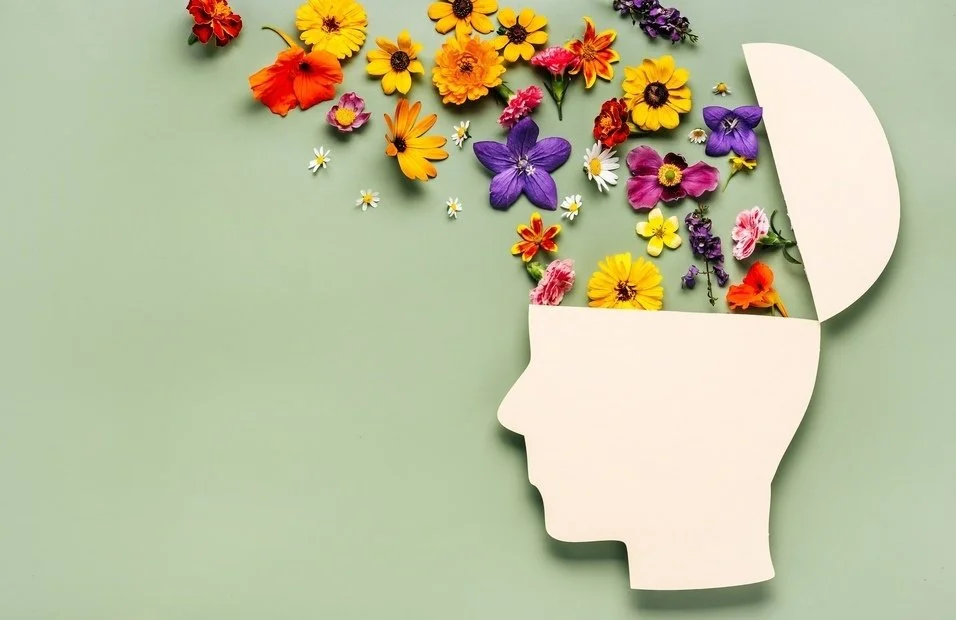Benefits of Socialization for Kids
Socialization is a key aspect of kids’ development. It’s important for kids to practice socializing and learn social skills with their peers. For adolescents, socializing is essential for developing their identity apart from their family. Read on for more benefits of socialization for kids and how to socialize during a pandemic.
Being part of a team
When children socialize, they are learning to cooperate and thrive within a community. This can contribute to how they function in school, in sports, within your family, and in their future careers. Some kids gravitate towards leadership and learn how to cultivate this role as they socialize with others.
School success
Learning and practicing social skills is essential as kids get ready to begin school. Positive socialization in school-age kids has been shown to lead to better educational outcomes, more positive career outcomes, and leads to kids feeling more successful in adulthood in general.
Learning empathy
When kids spend time with others at any age, they have the opportunity to learn and practice having empathy for others. This involves understanding others’ feelings and needs. This is an essential skill for building and maintaining relationships throughout life including friendships, romantic relationships, and work relationships. Additionally, empathy can lead to increased sharing. When kids feel more confident with social skills such as empathy, they share more. Sharing with others more leads to feeling better about themselves and raises self-esteem and positive self-concept.
Communication skills
Kids learn a lot of communication skills at home with parents and siblings. However, practicing communication skills with peers can lead to better development of conflict resolution and problem-solving skills. Additionally, when kids socialize, they learn to listen. Better listening skills can help with school and at home. It can even help kids with following directions at home and in the classroom.
Learning to set boundaries
Kids need to learn about setting boundaries. These boundaries may look differently at home and at school. Kids can learn about respecting personal space when socializing with peers. They can also practice setting their own boundaries, which contributes to healthier relationships throughout their lives.
Separation anxiety
For a lot of kids of various ages, it’s stressful being away from family. This may be especially true after spending a lot of time together during the pandemic. Making friends when a child is away from their family helps with separation anxiety. It encourages kids to communicate with their friends to help manage this stress. It also helps create social bonds that reduce separation anxiety.
Confidence
For most kids and teens, making friends leads to an increased sense of confidence and better mental health. The more kids get to practice and feel comfortable with social skills, the easier it is to continue making friends. Kids who are able to make friends often feel less isolated and depressed. Some kids may struggle with social skills like making eye contact. Spending more time socializing can help kids practice social skills like this.
Physical health
Increased socialization for kids can often lead to better physical health. When kids play with and spend time with friends, they are often more active, spend more time outside in nature, and engage in less screen time. All of these can contribute to better physical health for children.
Socializing during a pandemic
Many kids struggle with not being able to see friends. However, many also worry about socializing when they return to school or see friends again. They may not feel as confident with their in-person social skills after being away from friends for a long time. Try introducing video calls with friends. Socially distanced outdoor hangouts are great for kids as well. This could include bike riding, hiking, swimming, and whatever else sounds fun and safe for your family this summer. This will help reduce feelings of isolation as well as give kids a chance to learn and practice social skills.
Are you looking for more support for yourself or your child? Please reach out to us. Our team of therapists is here to provide support and guidance. We look forward to connecting with you.






